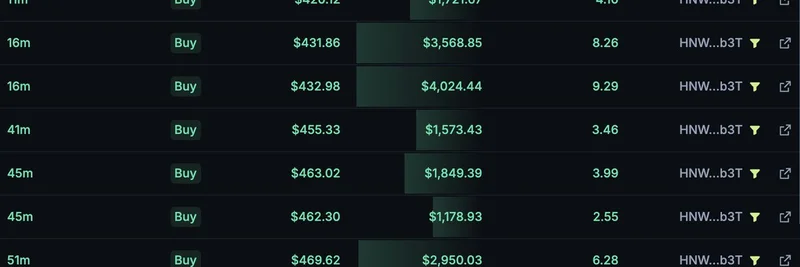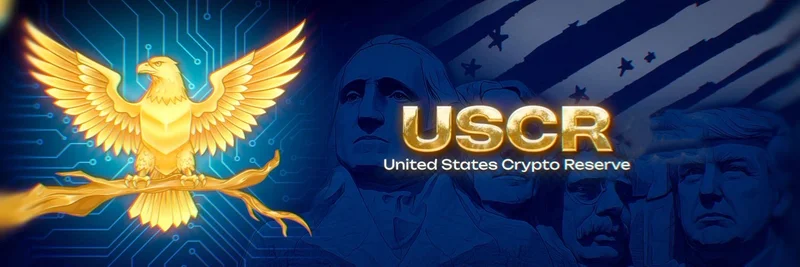In a recent tweet, Jesse Pollak, the founder of Base, shared an intriguing talk by Xen Baynham-Herd, Head of Growth at Base. The discussion, delivered at Base Camp, explores whether Base could transform into a "network state." This concept, popularized by Balaji Srinivasan in his book The Network State, refers to a digital-first society with elements like shared values, collective action, and even diplomatic recognition—all powered by blockchain technology.
For those new to the term, a network state isn't your traditional country with borders and bureaucracies. Instead, it's a decentralized community bound by smart contracts, cryptocurrencies, and a common purpose. Think of it as a virtual nation where participants collaborate globally, using tools like blockchain to govern, trade, and create value.
Why Base? Building a Better Financial System
Baynham-Herd kicks off by explaining Base's core mission: creating a fairer, more efficient financial system. Current systems often favor the few, leaving many behind. Base aims to change that with its open stack for the global economy, including:
- The Base Chain: An Ethereum Layer 2 (L2) solution for fast, cheap, and secure transactions. L2s like Base scale Ethereum by processing transactions off the main chain, reducing fees and congestion.
- The Base App: A one-stop hub for social networking, discovery, chat, payments, and trading—all on-chain.
- Base Build: Tools to help developers turn ideas into apps quickly.
At the heart of this is the "Builder Network," a community of founders, creators, and traders who fuel Base's growth. Founders build apps that generate fees, creators provide distribution and earn income, and traders supply capital for upside potential. This interdependent ecosystem has already amassed $12 billion in assets, $4 billion in stablecoins, and billions in transactions.
Meme tokens thrive in this environment. Base has become a hotspot for meme coin launches due to its low fees and vibrant community. Tokens like those inspired by internet culture or viral trends often start here, leveraging the Builder Network for rapid adoption.
Applying the Network State Framework to Base
Drawing from Srinivasan's definition, Baynham-Herd evaluates Base against key criteria for a network state:
- Social Network: Base's app functions as one, connecting users seamlessly.
- Moral Innovation: Core values like "open beats closed" and "ownership unlocks creativity" guide the community.
- Sense of National Consciousness: Events like Base Camp foster a feeling of belonging.
- Recognized Founder: Jesse Pollak leads, supported by global leaders.
- Capacity for Collective Action: The community builds and scales together.
- In-Person Civility: Base emphasizes respect and positivity.
- Integrated Cryptocurrency: In progress, with potential for a network token.
- Consensual Government via Smart Contracts: Advancing with decentralization efforts.
- Crowdfunded Territories: Physical communities in over 25 countries.
- Virtual Capital: The Base app serves as a digital town hall.
- On-Chain Census: Millions of users, billions in revenue—poised for diplomatic recognition.
While not fully there yet, Base ticks many boxes. As Baynham-Herd notes, governments once dismissed crypto but now hold it in reserves. This shift underscores the potential for network states.
For meme token enthusiasts, this vision means more than hype. A Base network state could create a self-sustaining economy where memes aren't just fun—they're economic drivers. Creators could earn directly from viral content, traders fund promising projects, and founders build meme-powered apps with global reach.
Base in Action: The India Example
The talk shifts to Samia Saxena, who leads Base in India. With over a billion people and a fifth of the world's developers, India is a prime growth area. Through programs like the Base Fellowship, they've onboarded thousands of builders, creators, and traders.
In one fellowship, 30 participants built and launched 10 apps in 10 days, some gaining thousands of users and real revenue quickly. Initiatives like On-Chain Ballers (for impressions), FBI Talent (for roles), and Base Cafe (for livestreams) form "Legos" that stack into a robust network.
This grassroots approach shows how Base's network state could scale globally, with meme tokens playing a key role in engaging diverse communities. In India, where digital adoption is skyrocketing, memes could bridge cultural gaps and drive on-chain activity.
Implications for Meme Tokens and Beyond
If Base evolves into a network state, meme tokens could become integral to its "economy." Low-cost transactions make Base ideal for micro-trades in memes, while the Builder Network amplifies virality. This could lead to more sustainable meme projects, backed by real utility and community governance.
But it's not just about memes—it's about fixing a broken system. As Baynham-Herd says, the future belongs to builders. By embracing decentralization, Base invites everyone to contribute to a better world.
Check out the full talk in Jesse Pollak's tweet for more inspiration. What do you think—could Base redefine nations in the crypto era? Share your thoughts in the comments!



